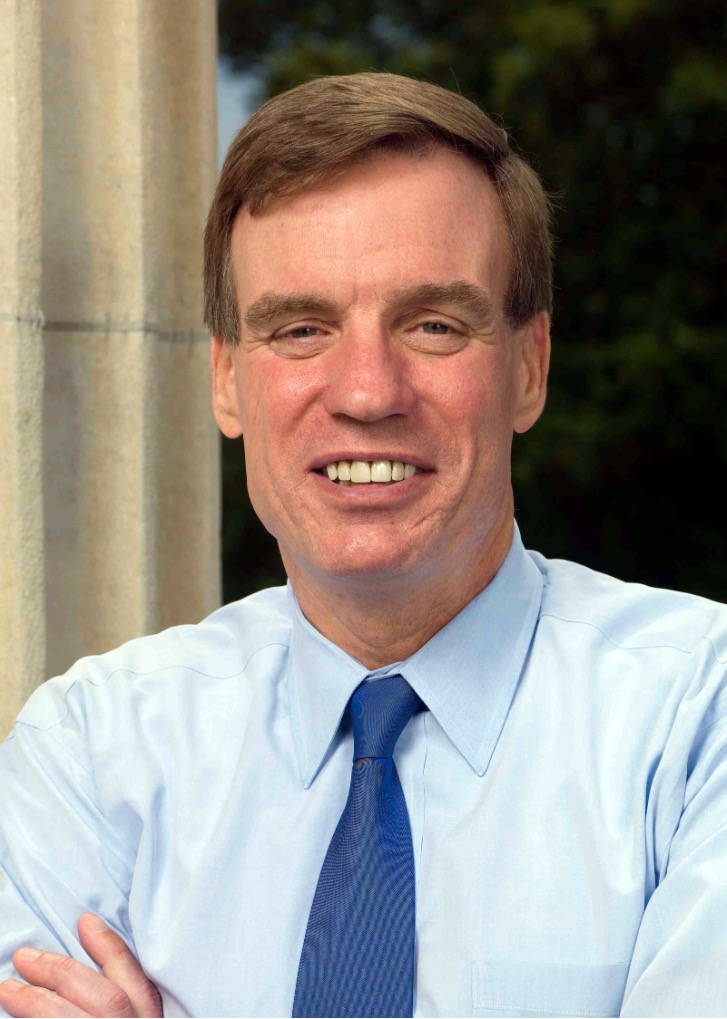Sen. Warner Urges FCC to Open More TV White Spaces

The smarter way to stay on top of broadcasting and cable industry. Sign up below
You are now subscribed
Your newsletter sign-up was successful
Citing the COVID-19 spotlight on the rural digital divide, Sen. Mark Warner (D-Va.) has written to the FCC urging it to move ASAP on finalizing its Feb. 28 proposal to free up more of the "white spaces" spectrum between TV channels for wireless broadband.
He said the need in his state is not speculative and white spaces technology has "already proven to be an effective and important tool for hybrid network deployments."
Related: FCC's Pai Pushes TV White Spaces Rule
The FCC is proposing to allow for taller towers and higher powers for mobile and fixed wireless so signals can reach farther and over more difficult terrain. It would also allow higher powered service in "geofenced" areas and promote IoT-based services, Warner points out.
Computer companies--most notably Microsoft--have been using white spaces spectrum for rural high-speed broadband and IoT applications and had been pushing the FCC to open up more of that spectrum, including on channels immediately adjacent to TV channels. The FCC did not go that far in the order, though it did seek comment on whether those first adjacent channels could be used without undue interference.
In his letter to the FCC, Warner said that he was all for clearing away regulatory barriers to greater use of TV white spaces (TVWS) technology to extend broadband to millions, including the approximately 770,000 Virginians who lack access and the over three million residents who don't use the internet at high speeds.
Related: For Latest on COVID-19 Impact on Industry
The smarter way to stay on top of broadcasting and cable industry. Sign up below
“This digital divide impacts nearly every aspect of life for Virginians living without access to broadband, as broadband has become a precondition to meaningful participation in the digital economy," Warner wrote. "This contrast has become worryingly more stark in the last month, with an unprecedented number of Americans now heavily reliant on broadband access for telework, telehealth, and online education. Even in normal times, this lack of broadband access prevents students from achieving their full potential, denies seniors and veterans access to telemedicine solutions that can improve care and reduce costs, prevents farmers from accessing innovative precision agriculture tools, and limits the economic potential of too many rural communities.”
He ended the letter with thanks for the FCC's efforts to date to close the digital divide.
Contributing editor John Eggerton has been an editor and/or writer on media regulation, legislation and policy for over four decades, including covering the FCC, FTC, Congress, the major media trade associations, and the federal courts. In addition to Multichannel News and Broadcasting + Cable, his work has appeared in Radio World, TV Technology, TV Fax, This Week in Consumer Electronics, Variety and the Encyclopedia Britannica.

